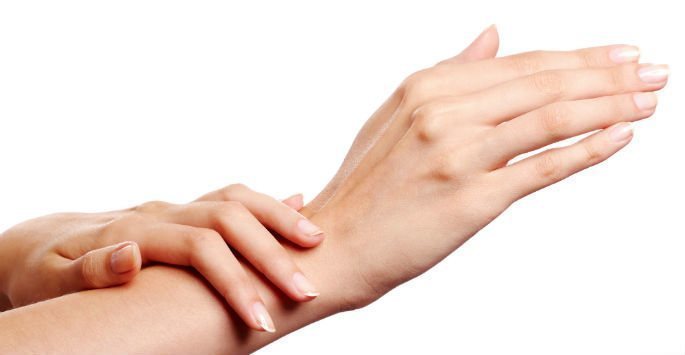In light of October being Carpal Tunnel Syndrome Awareness Month, we wanted to touch on a very important and common topic: understanding carpal tunnel syndrome and its impact on sleep. While carpal tunnel syndrome may not immediately seem related to sleep, the two are more connected than you might think. In this article, we’ll explore the implications of carpal tunnel syndrome on sleep quality and how seeking professional help can make a significant difference.
The Consequences of Sleep Deprivation
Sleep deprivation is a severe concern, known to have negative effects on cognitive function, mood, physical health, motor skills, hormonal balance, performance, and emotional well-being. It’s even been used as a form of torture and coercion in various contexts throughout history, prompting international organizations to condemn its use.
The impact of sleep deprivation is profound, as it affects:
- Memory
- Attention
- decision-making
- mood regulation
- physical health, and much more.
This raises significant ethical and legal concerns, leading to the establishment of standards to protect individuals from this form of torture.
Carpal Tunnel Syndrome and Sleep Deprivation
Surprisingly, sleep deprivation is a reality for many individuals suffering from carpal tunnel syndrome. Symptoms of carpal tunnel syndrome, including pain, tingling, numbness, and discomfort, are often exacerbated at night. According to an article in Hand, a publication of the American Association for Hand Surgery, 77% of carpal tunnel syndrome sufferers experience nocturnal (nighttime) symptoms.
Many people unknowingly sleep with flexed or bent wrists, which can increase pressure on the median nerve in the wrist. This pressure can intensify symptoms, causing disruptions to sleep and leading to fatigue during the day.
As carpal tunnel syndrome progresses, symptoms can become more persistent and painful, further affecting sleep patterns. Sufferers may develop stress and anxiety about sleeping, compounding their sleep troubles.
Finding Relief from Carpal Tunnel Syndrome
The good news is that relief is possible for those suffering from carpal tunnel syndrome. To begin, seek assistance from a qualified medical professional. Arora Hand Surgery, led by Dr. Avery Arora, a specialist in upper extremity problems and a top Michigan hand doctor , offers in-depth consultations at all four of his Michigan-based offices.
Rather than attempting to address the problem on your own, entrust the Arora Hand Surgery team to guide you toward freedom from carpal tunnel syndrome and its pain. Dr. Avery Arora, a board-certified hand surgeon, possesses extensive expertise in diagnosing and treating hand, wrist, and elbow ailments. He has helped countless individuals alleviate their carpal tunnel syndrome symptoms. Here’s a recent testimonial from a carpal tunnel syndrome surgery patient of his, Julie.
If you believe you’re suffering from carpal tunnel syndrome and live in the area, contact a MI hand doctor for specialized guidance and treatment. There are many reputable hand doctor options from the Ascension or Beaumont healthcare systems, or you can choose Top Doc Dr. Avery Arora of Arora Hand Surgery. You can schedule an appointment at one of Dr. Arora’s four offices in West Bloomfield, Warren, Macomb, or Howell, Michigan today.
























